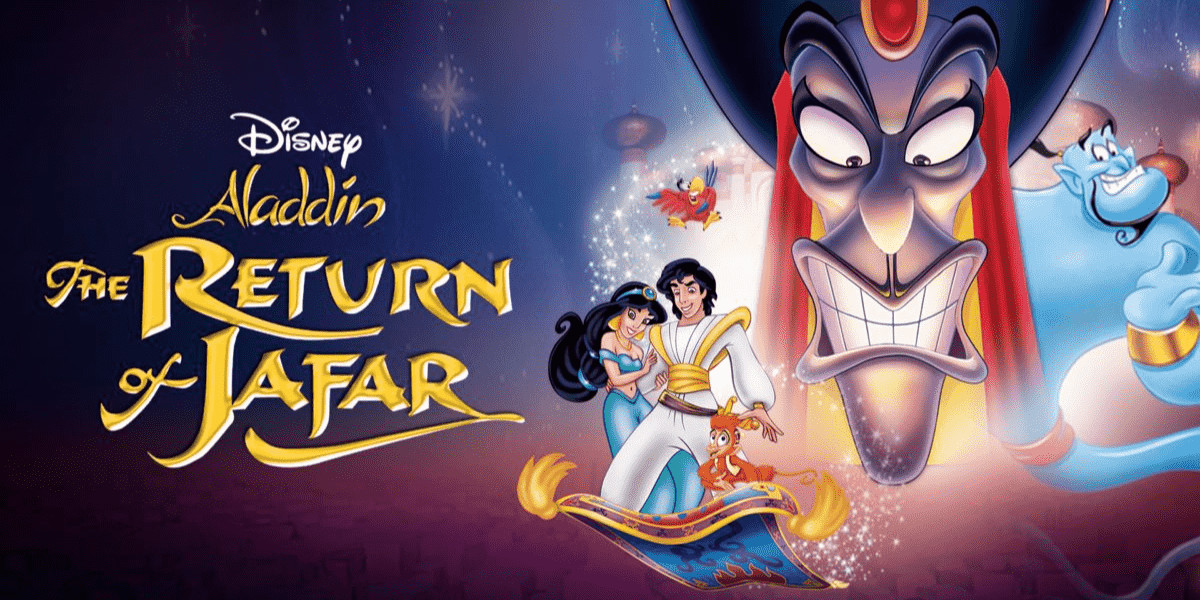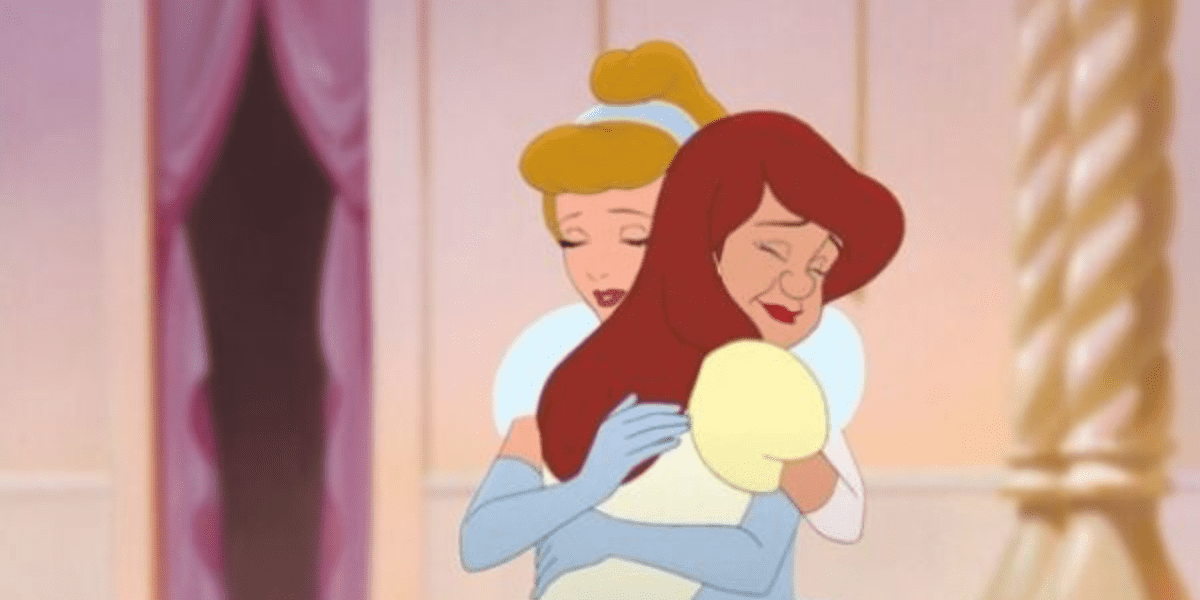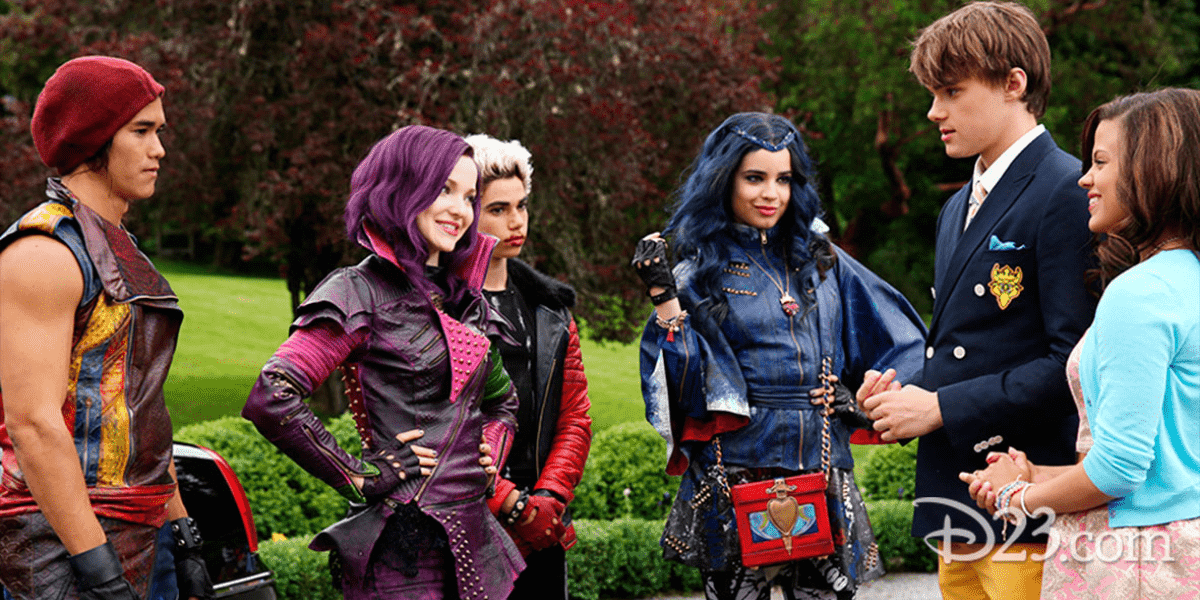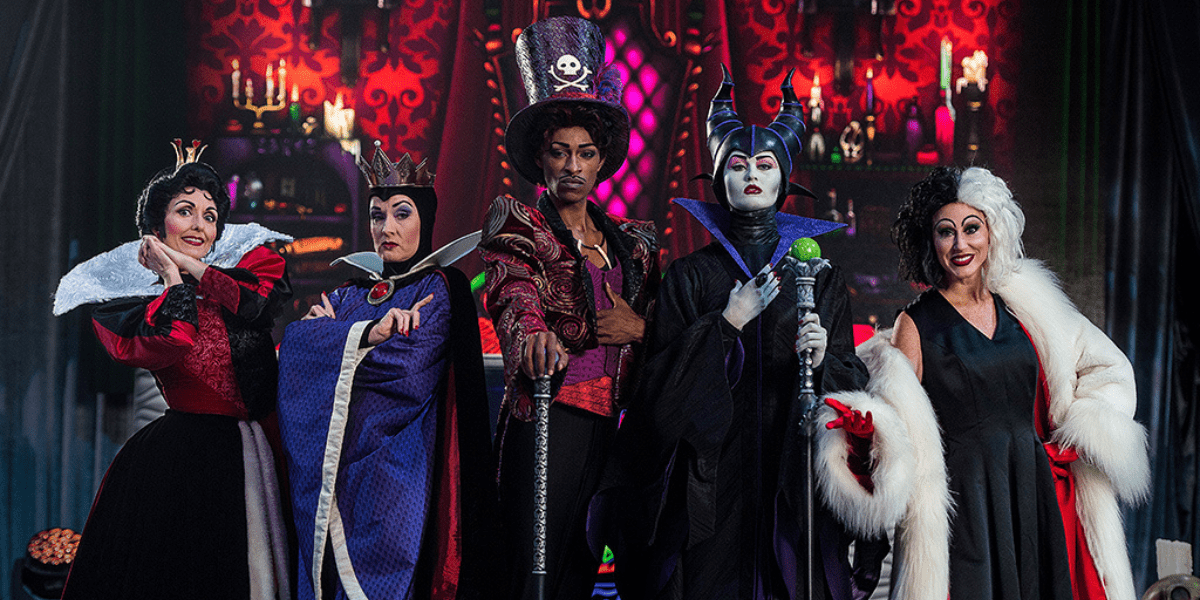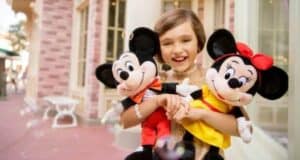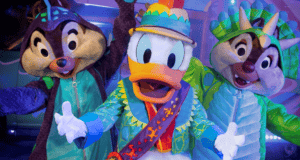
Once upon a time, a Disney Villain was a villain—a bad guy—pure evil. And the Walt Disney Company was known for producing very morally sound works in film and entertainment that drove home the idea of good triumphing over evil. This was (and largely still is) often demonstrated by a pure-hearted hero or heroine conquering a relentlessly wicked fiend in the end, at which time the story resolves with a classic happily ever after. The good guys win, and the bad guys lose, are dehumanized, and punished. That’s the way convention used to dictate the storyline should go. But, is that still the case where Disney is concerned?
It really does seem like Disney has been introducing far more questionable, controversial material into various works over the years, increasingly deviating from its own traditional precedents that were established long ago. We’ve all seen obvious hot topic examples being flaunted about in recent years. But what may be less obvious is the seemingly hidden agenda at play, which not only pardons bad behavior but appears to be idolizing it far too often.
There’s been a growing trend at work for a while now in which Disney has been showcasing wicked characters we were previously told to hate in a more positive light. It’s almost as though the company is becoming more and more enamored with the idea of vindicating villains and giving them a softer, more sensitive side that we’re now supposed to sympathize with. So, what does that say about the bad guys who are now being romanticized into likable heroes? Does this seem to indicate that Disney is actually glorifying bad behavior on a certain level?
Related: Disney Baddies Who Turned Good
Earliest Hints
I’m not going to deny that as a little girl watching Return of Jafar (1994)—the direct-to-video sequel to Disney’s Aladdin (1992), I was delighted to see the shift in Iago the parrot’s character from evil nemesis and pet to Jafar into a reformed good guy. Even at his worst in the first film, he was one of those characters you couldn’t help but like—a red parrot with a comedic snarky mouth on him. So, the decision for Disney to give a more solid reason for liking him by redeeming him was a fitting one indeed.
Related: Aladdin’s Iago Dies; Gilbert Gottfried Passes Away at 67
There were also a couple of other examples later on, including the direct-to-video sequels to the animated original of Cinderella from 1950. These both came about in the 2000s, continuing the story and even giving more depth to one character who had previously filled the lesser role of a background antagonist. I am referring to Cinderella’s stepsister Anastasia, who has since been redeemed from her previous persona and has shifted into a more likable, supporting role.
Related: Disney Releases Trailer For A New Twist on the Classic Cinderella Story
Maleficent
From the time that Disney’s cartoon adaptation of Sleeping Beauty came out in 1959, fans were brought up to hate the character of Maleficent, even singling her out as possibly the most wicked of all Disney villains—the very epitome of evil. So, when Disney decided to do an about-face motion by producing a live-action film centering around this love-to-hate antagonist in 2014, it had many folks scratching their heads. Disney was not only challenging those of us who only ever grew up knowing her to be a cold, heartless villain to reevaluate our previous perceptions, but they were now, more or less, rewriting her entire storyline as a misunderstanding of sorts. They were now giving her character more depth and providing a very real cause-and-effect reason for how she came to be evil in the first place.
This isn’t altogether the first time Disney, or any other company, has played around with the idea that an audience has been fed a wrong account of a historically accepted storyline. This concept was even alluded to briefly in the Disney film Enchanted back in 2007 when Giselle implies that Red from Little Red Riding Hood tells the story a little differently. This may be an indication that the “Big Bad Wolf” may not have been the bad guy after all.
Related: ‘Disenchanted’ Trailer Is Released
Still, in getting back to the aforementioned, the personification of Maleficent and painting her in a light that’s more sympathetic and vulnerable has ignited a new interest in her as not just a love-to-hate villain but a love-to-like character. It was also the first real blurring of the line of antagonist/protagonist that Disney began toying with. But it was by no means the last. In fact, it was only the beginning.
Related: Maleficent Is Returning To Disney Plus
Descendants
Just a year later, in 2015, the Disney Channel took the growing trend of giving personality and sympathy to previously presented villainy to the next level when they released the first in what was to become the Descendants film franchise. Now Disney was going full force in presenting villains (and their offspring) in a new, likable light, with a storyline that largely focused on giving everyone a chance for vindication and redemption despite how wicked their parental figures brought them up to be.
While the message is essentially a positive one, there are a lot of ways in which Disney flirts with the concept of villainy and wicked acts. You can’t deny all those earworm songs that have come out since, celebrating the idea of being “Rotten to the Core” or “Chillin’ Like a Villain,” among many others. And we’re probably all guilty of singing along with our favorite villains to these new hits.
Related: Disney+ Announces the Expansion of the ‘Descendants’ Universe with ‘The Pocketwatch’
Cruella de Vil
Perhaps it was the success of the Maleficent film franchise that inspired Walt Disney Entertainment to revisit the idea of redeeming a previously hated villain when they released Cruella in 2021. Cruella de Vil is easily one of the most detested villains of all time. Going after innocent animals, in my opinion, is beyond redemption, no matter how hard you try to justify her warped mental state and upbringing. Still, they tried to flaunt what they believed to be an excusable storyline explaining it off. They present a sob story showing her as an outcast at school with mutated bi-colored hair and the fact that she witnessed the death of the only loving maternal figure in her life and then grew up “motherless” and somewhat set on revenge (or at least making her mark). Sure, this may explain her warped behavior, but in my opinion, this just doesn’t pardon her in the least. All the same, Disney still tries hard to humanize her as a victim of circumstances.
Related: Disney ‘Cruella’ Sequel Is Coming & Emma Stone Will Star Again!
The Villains of Valley View
More recently, for 2022, the Disney Channel has released a new “family-friendly” television series about a family of supervillains living incognito in a suburban town setting. Despite the fact that they are villains with superpowers, they keep their true identities and wicked intentions under wraps and, in traditional storyline format, undergo a series of misadventures connected to their secret identities and ulterior motives in each and every episode. We’d previously only ever seen such scenarios play out with good guy superheroes, but now Disney has decided to approach the creatively recycled concept from an opposite angle. In making the traditionally antagonist characters into the leading protagonists, they’re just confirming their intentions for idealizing villainous behavior.
Disney Parks
It isn’t only in Disney films and entertainment that we see an increasing enamoring of villainous behavior. The idea of dabbling with love-to-hate Disney characters has been an ongoing thing even at Disney Parks for a while now. You can’t deny that for as long as there have been villains out and about Disney theme Park locations, there have been folks lining up for meet and greets, photo ops, and lighthearted back-and-forth banter. And you have to admit it really is a lot of fun to play a part in such exchanges for yourself.
Various Disney Park locations throughout the world have even hosted special Disney Villains celebrations numerous times over the years as well as seasonal events. And they all prove to be rather popular, at that.
A most recent announcement that was made during the 2022 D23 Expo even teased the idea of a tentative future expansion to Magic Kingdom Park at Walt Disney World. And the idea is to bring about three new themed sections/lands, one of which includes a special Disney Villains area. This just continues to prove that there is a very real, desirable interest in Disney Villains and a very strong fan base that keeps growing.
Related: D23 UPDATE: Villains Land Teased For Disney Parks
Is there just something alluring and enamoring about evil characters in the eyes of the Walt Disney Company now? What does all the interest in villains actually say about the Disney fan of today, who tends to have an increasing desire to gravitate toward what was once morally denounced by the company’s previously exemplified traditional values? Is this just another example of things changing within the realm of the Walt Disney Company? It’s been said time and again that “change is good,” but does this philosophy also include those times when what we’ve been brought up knowing to be “bad” is suddenly shifted into a presentation that’s thought of as good?
Despite the obvious increase in villainous interests within the Walt Disney Company, there are those forever loyal fans—myself included—who will always gravitate toward Disney Entertainment just the same. Regardless of what may change, there are still those forever-present comforts we can all delight in. And those comforts include Disney’s enduring quest to inspire hope, and encouragement, and make dreams come true. And if that means trying to garner a happily ever after, even for the villains, then so be it.

